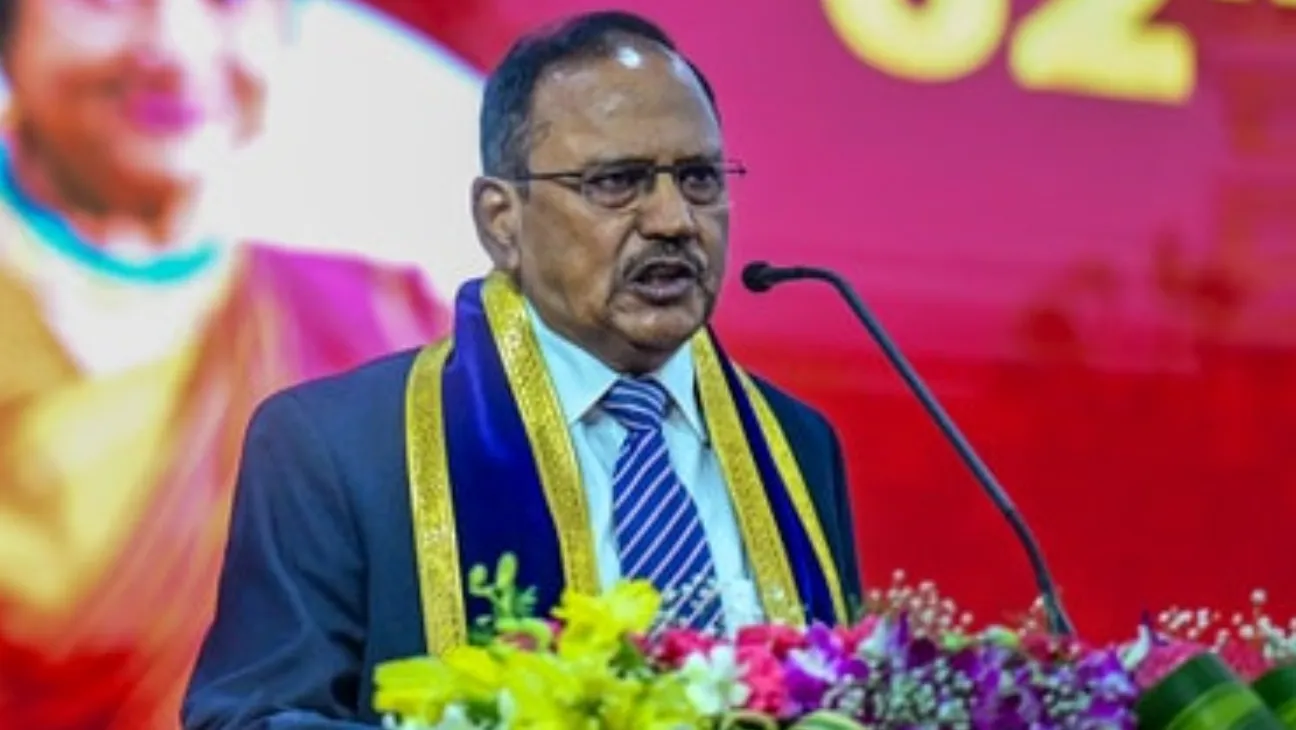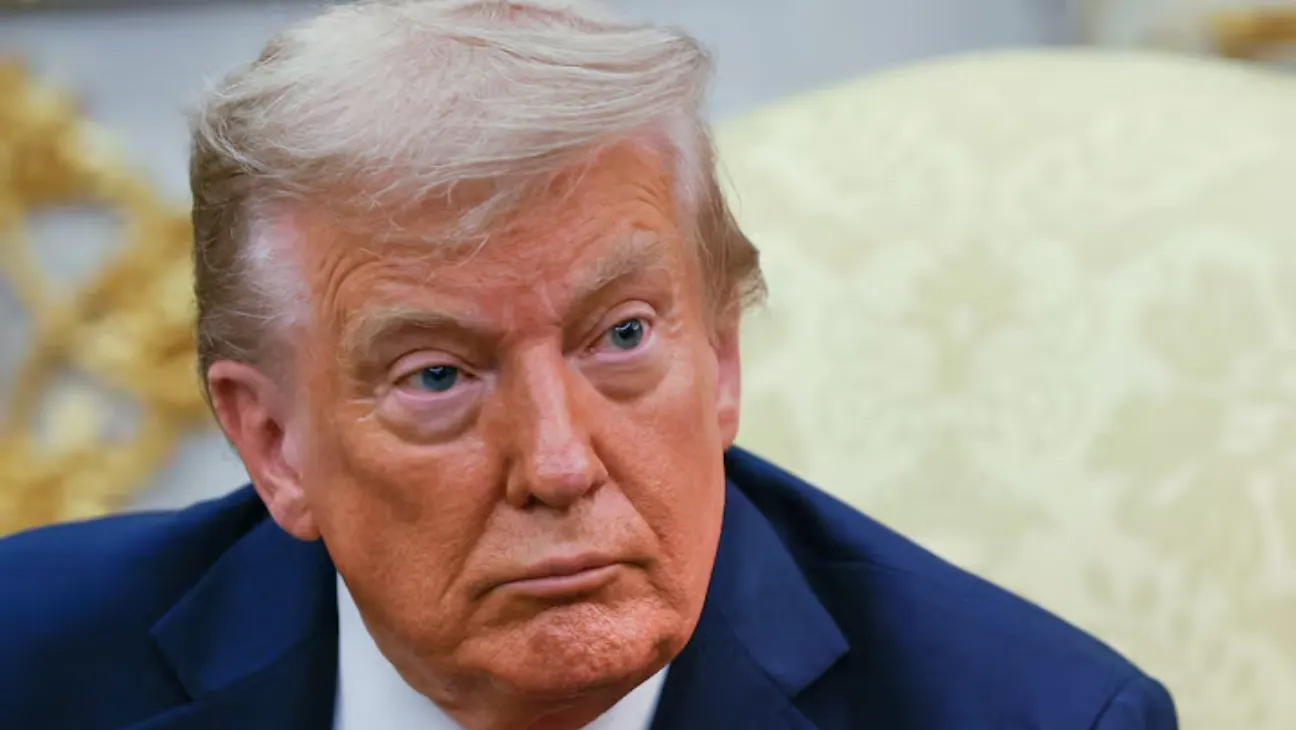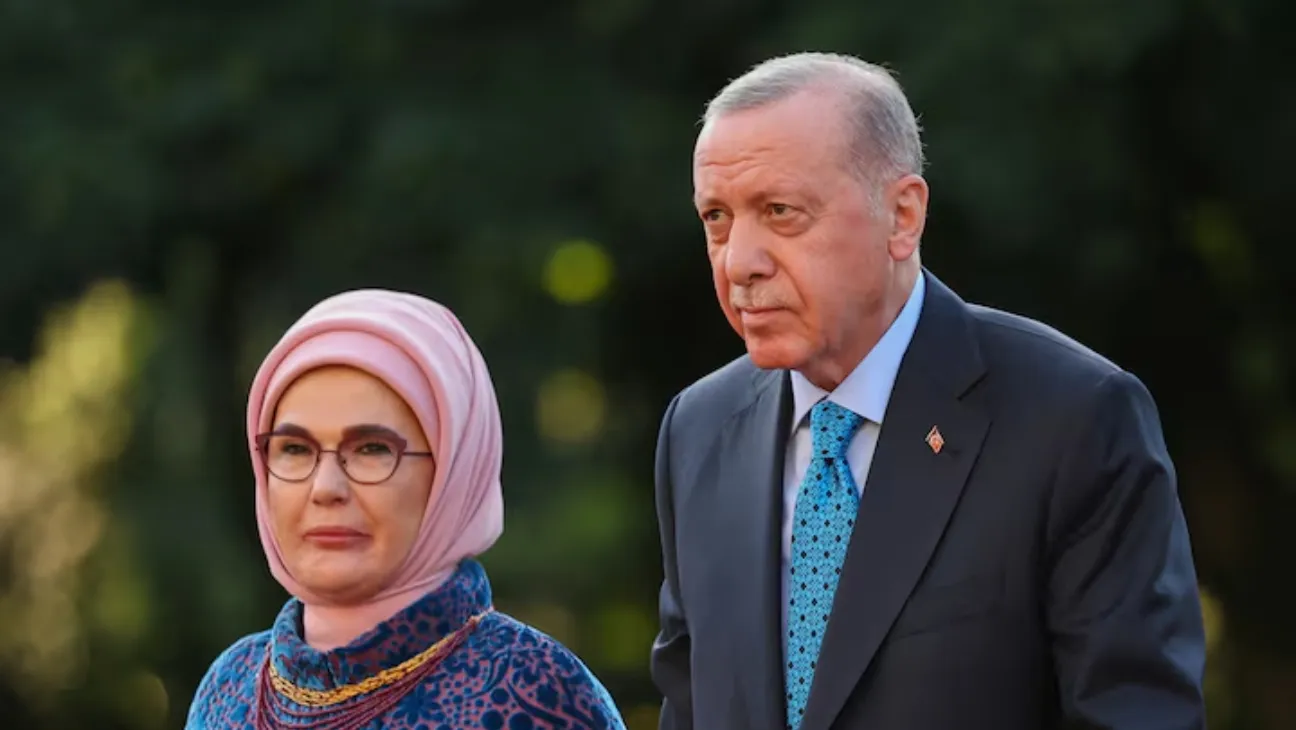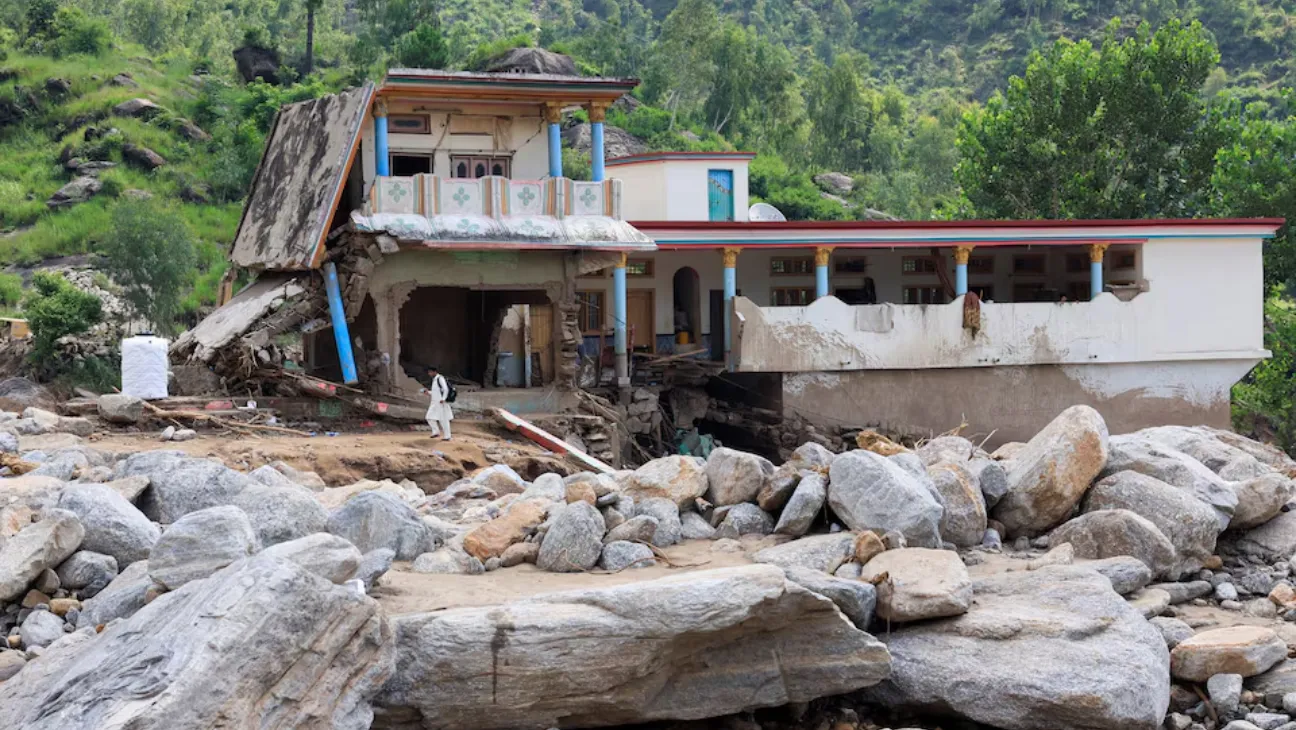National Security Adviser Ajit Doval on Friday confirmed that India successfully hit all nine intended terror targets inside Pakistan and Pakistan-occupied Kashmir during Operation Sindoor, a precision military operation conducted in response to the April 22 Pahalgam terror attack that killed 26 people.
Speaking at the 62nd convocation of the Indian Institute of Technology Madras (IIT-M) in Chennai, Doval said the operation was completed in just 23 minutes and involved no collateral damage.
“We decided to have nine terrorist targets deep inside Pakistan, not just at the borders. We missed none,” Doval said. “Every strike was exactly where it was planned. No unintended site was hit.”
The strikes were carried out between May 7 and May 10. On the final day, India and Pakistan reached an understanding to cease further military action.
Doval challenged international media coverage of the episode, particularly singling out The New York Times. He said foreign outlets published claims suggesting retaliatory strikes from Pakistan, but satellite images told a different story.
“They said Pakistan did this and that,” he remarked. “But just look at the satellite imagery from 13 air bases in Pakistan, before and after May 10. Show me a single picture of damage on the Indian side—even a broken window pane. There isn’t one.”
Doval framed Operation Sindoor as more than just a victory—it was a wake-up call. The success, he insisted, came down to Indian-made technology, with the BrahMos missile playing the starring role.
He made a strong case: a nation’s security ultimately depends on its ability to produce its own weapons.
“We are really proud of how much indigenous content was there,” he said. “Technology and warfare are closely linked, and we must stay ahead.”
He pointed to the development of India’s 5G infrastructure as another example. Drawing a comparison with China, which he said took 12 years and $300 billion to build its 5G systems, Doval said India achieved its goal much faster through domestic efforts.
“We didn’t have that kind of time or money. We turned to IIT-Madras and others. Within two and a half years, we had a fully indigenous 5G system,” he said, crediting IIT-M’s Director V Kamakoti and private sector partners for making it possible.
Earlier in the day, renowned Bharatanatyam dancer and Padma awardee Padma Subrahmanyam also praised the operation, calling it a reflection of the spirit of the Bhagavad Gita and India’s military tradition.
“As a proud Indian, I offer my salutations to our jawans, our national guardian angels,” she said, addressing the graduating class and congratulating Doval for his leadership role.
This year’s 3,227 graduates from IIT-M are stepping into a nation laser-focused on its own strength. You can see that same drive in the institute itself, which just capped off a year by launching over 100 deep-tech startups and filing patents at a rate of more than one a day.
That backdrop of homegrown success is what gives Doval’s comments their weight. He’s speaking to a growing desire for an India that builds its own future and flexes its own muscle in the region.
The government may be staying silent on military specifics, but its top security advisor is telling a clear story of strength—one that starts in the university lab and ends on the world stage.









